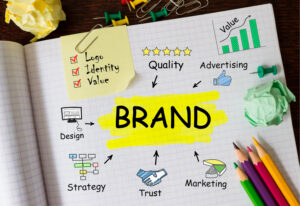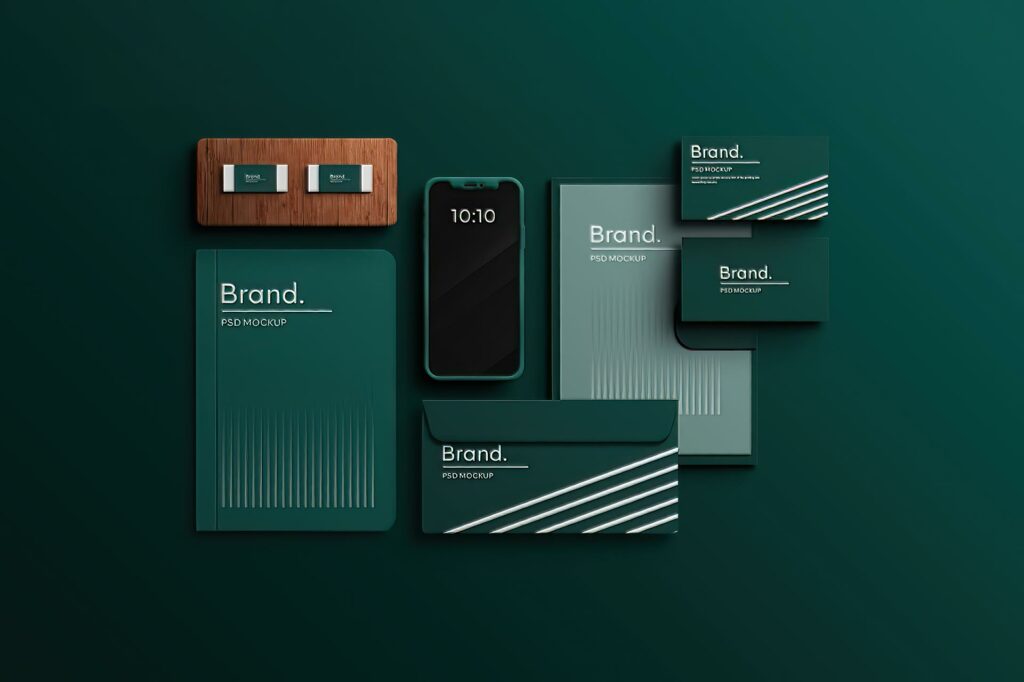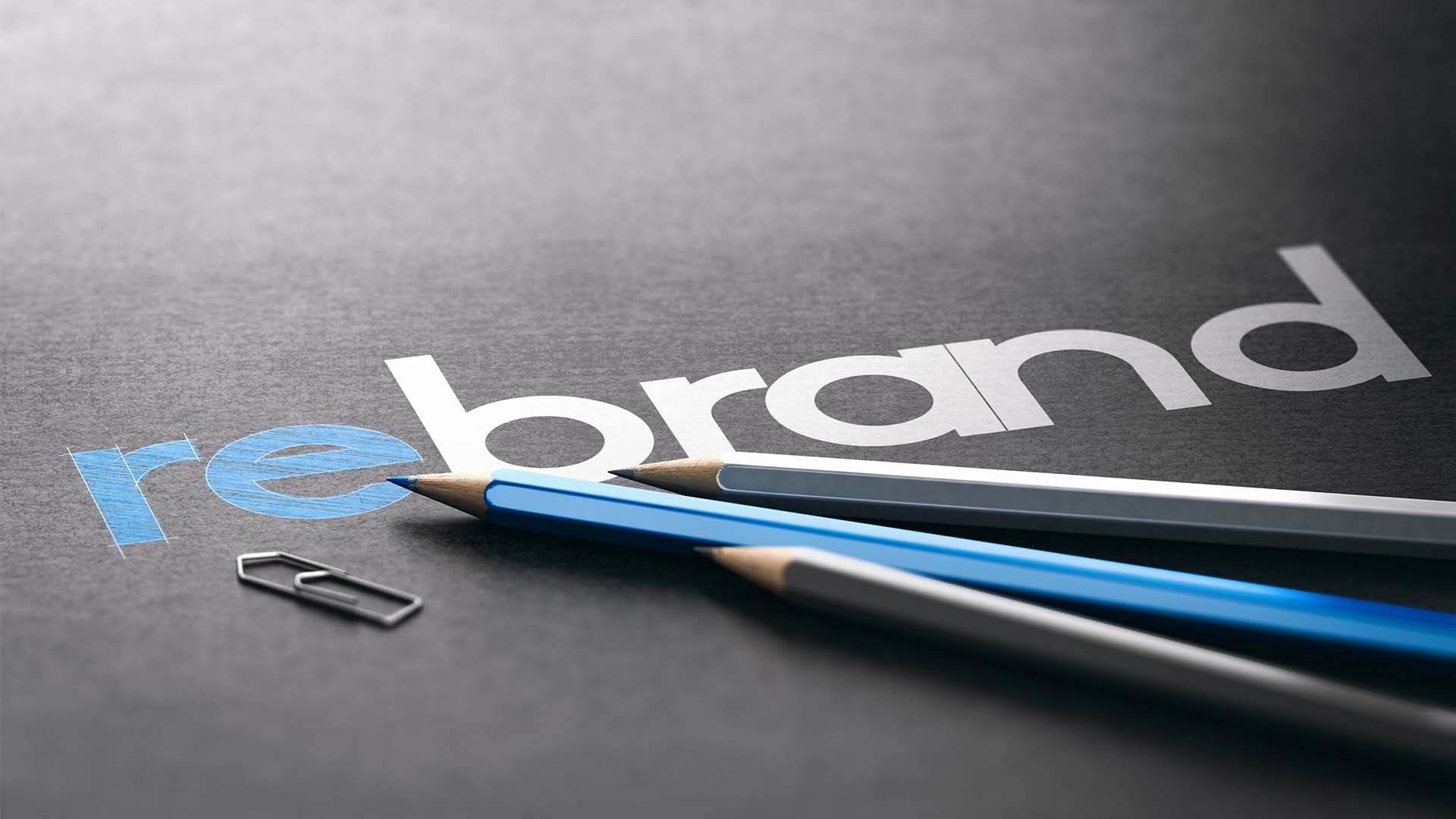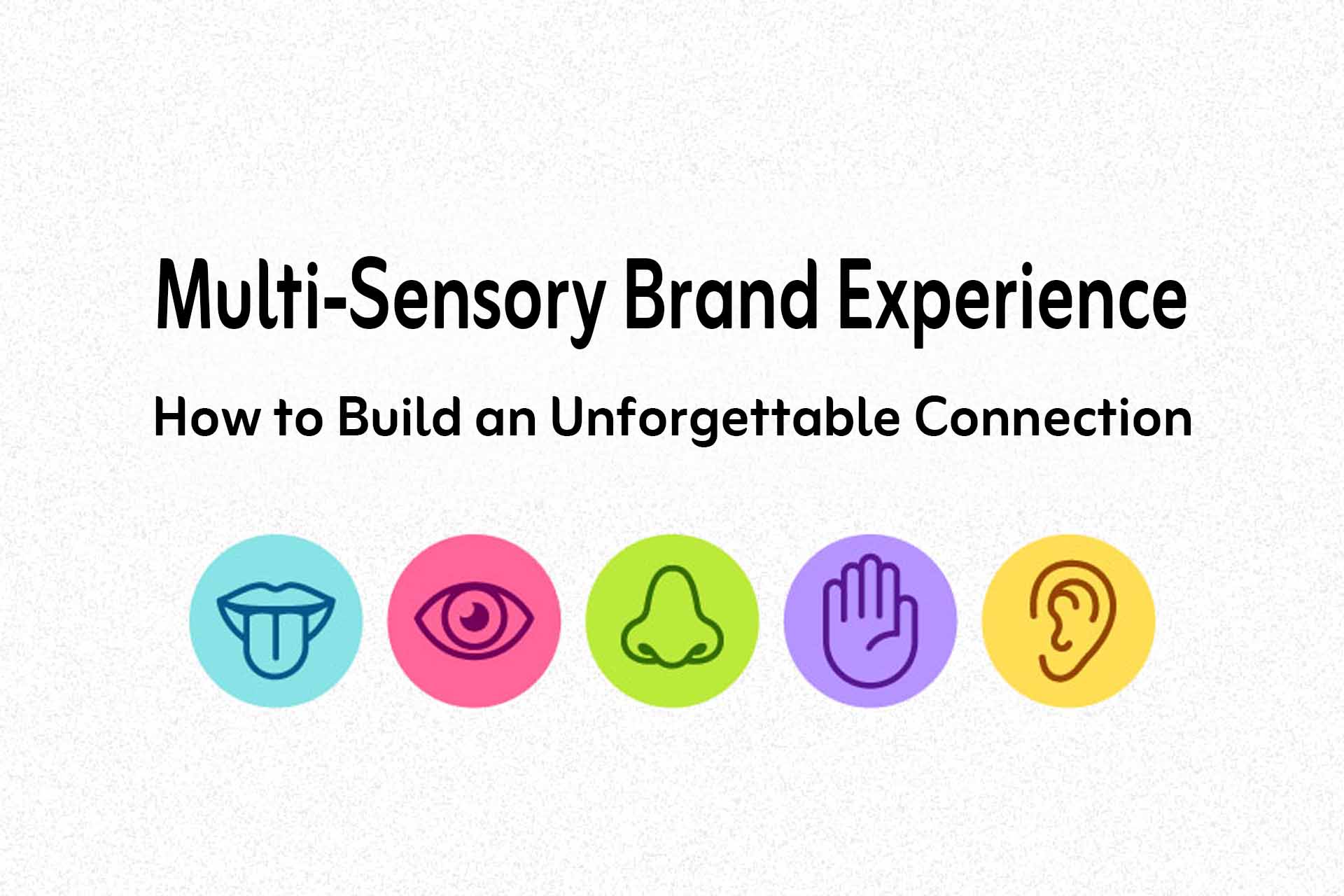
Brand Identity: More Than Just a Logo
When we talk about brand identity, it’s not just about a logo or a name; it’s the essence of what a company stands for and represents. A brand reflects values, personality, and customer experience, making it one of the most vital elements for a company’s success.
What Is Brand Identity?
Brand identity is the comprehensive persona of a company, whether it offers products or services. It represents the impressions formed in the minds of consumers through their interactions with the brand, encapsulating its values and mission.
Components of a Brand Identity
-
Logo:
The logo is the visual cornerstone of any brand. It’s designed to be memorable, distinctive, and reflective of the brand’s essence and mission. Think of the iconic swoosh of Nike, which embodies speed and movement.
-
Brand Name:
The name is the textual representation of the brand. It should be catchy, easy to recall, and versatile enough to adapt to various markets and languages. For instance, Coca-Cola is globally recognized and resonates across cultures.
-
Colors:
Colors play a vital role in expressing a brand’s personality. For example, Starbucks uses green to symbolize growth and nature, while Coca-Cola uses red to evoke energy and excitement.
-
Typography:
The typeface used by a brand significantly impacts how it’s perceived. For instance, Google’s clean and modern font reflects simplicity and innovation.
-
Voice and Tone:
A brand’s communication style defines its personality and engagement with customers. For example, Wendy’s uses a playful and witty tone on social media to connect with a younger audience.
-
Language:
A clear and consistent language ensures that a brand’s messages are easily understood, both locally and globally.
-
Values and Principles:
The principles a company upholds form the backbone of its brand. For example, Patagonia is known for its commitment to environmental sustainability.
-
Brand Personality:
The traits that make a brand unique and attractive, such as innovation for Apple or reliability for Toyota, define its personality.
-
Customer Experience:
Every interaction a customer has with a brand, from using the product to digital engagement, shapes their perception. For example, Amazon excels in delivering seamless shopping experiences.
-
Visual and Verbal Messaging:
Consistent imagery and communication align with the brand’s vision and goals.
-
Brand Feel:
The emotions and perceptions customers associate with a brand define its essence. For instance, Rolex exudes luxury and craftsmanship.

What Can a Successful Brand Deliver?
A successful brand not only meets customer expectations but also builds a long-lasting relationship with them. Here are the key elements of a successful brand:
- Promises Delivered:
A brand reflects the company’s commitment to its customers. For example, Amazon ensures fast and reliable deliveries, building trust worldwide. - Distinct Personality:
A unique brand personality helps customers connect emotionally. Apple’s innovative and sleek designs set it apart as a trendsetter. - Core Values:
Brands like Patagonia communicate their mission effectively, aligning their values with their offerings. - Memorable Experiences:
Brands that offer unique customer experiences, like Starbucks with its personalized coffee cups, foster deeper connections.
Why Is Branding Important?
Branding is the cornerstone of a company’s success, especially in competitive markets. Here’s why:
- Market Differentiation:
Brands like Tesla stand out by pioneering electric vehicles and innovative technologies, making them industry leaders. - Building Trust:
Strong branding fosters trust. Disney, for example, has built a legacy of delivering magical experiences for families. - Customer Loyalty:
Loyal customers are a company’s greatest asset. Nike has cultivated a devoted customer base through impactful campaigns like “Just Do It.” - Perceived Value:
Branding elevates the perceived value of a product. For instance, Rolex symbolizes luxury, making it a status symbol for many.
Conclusion
Building a strong brand requires a clear strategy and cohesive elements that reflect the company’s values and aspirations. If you’re seeking a partner to help create a distinctive and impactful brand, Loop Media is your go-to choice. With expertise in branding, Loop Media delivers creative solutions tailored to your needs, ensuring your brand stands out in the market.
Contact us:
📞 (+966) 53 692 8397
📧 Support@loop-media.co
Or visit our Contact Us page.
This article is available in Arabic. You can read the Arabic version [here].
 العربية
العربية



Permalink